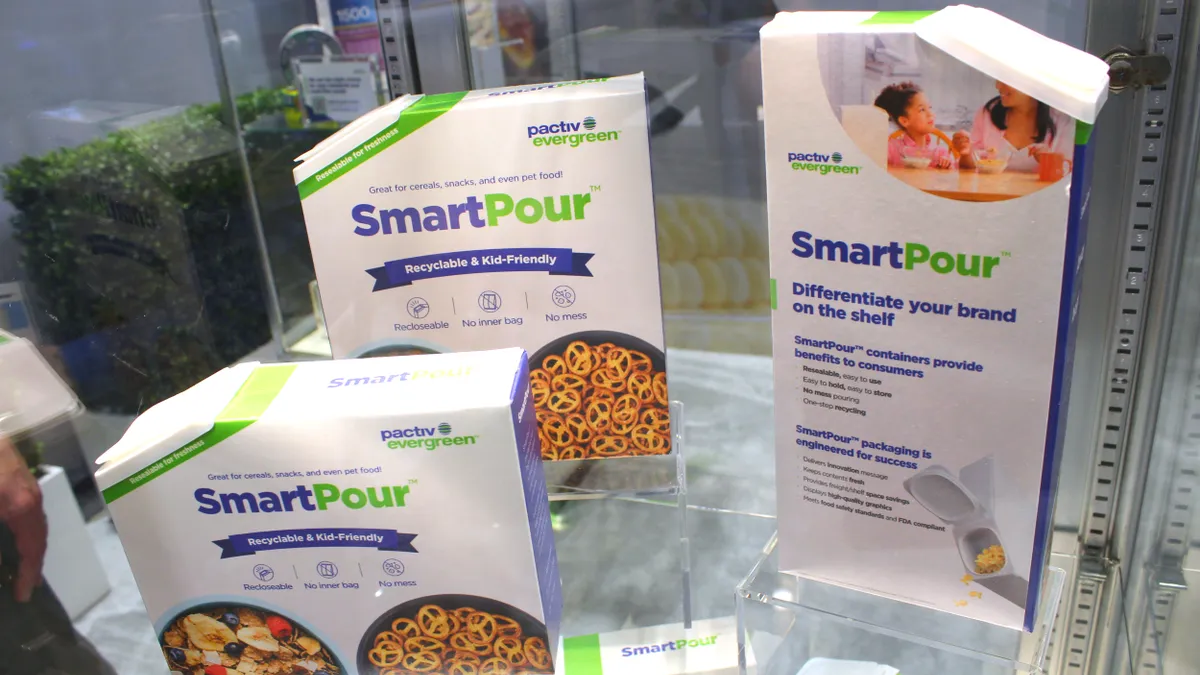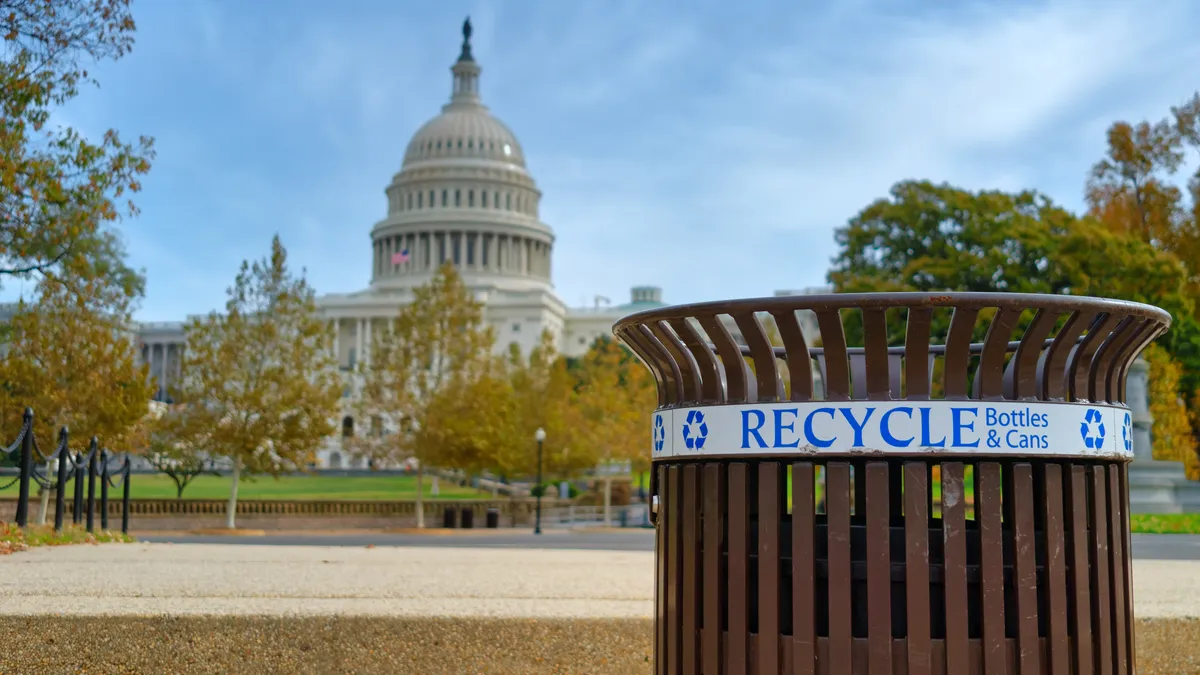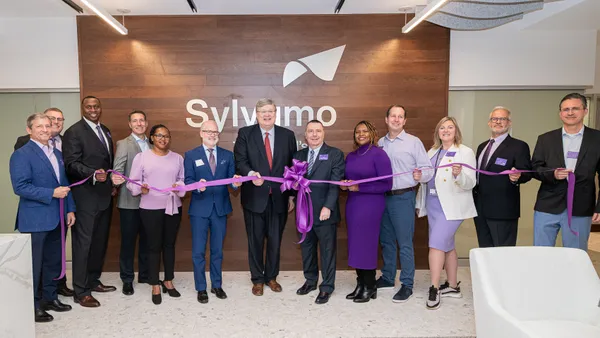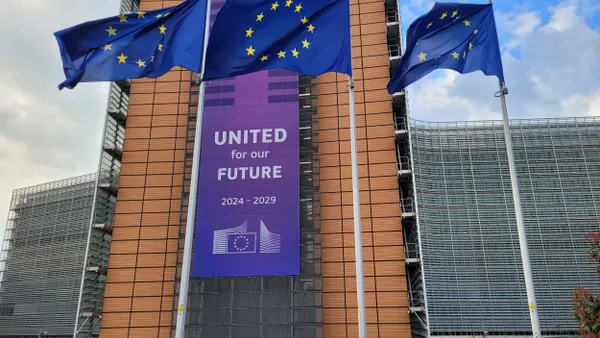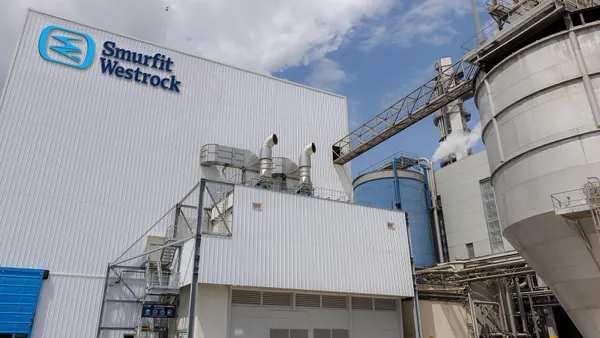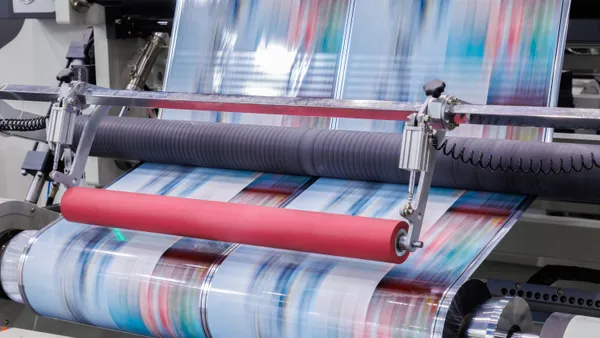- Overview: Pactiv Evergreen’s year-over-year revenue decline in the third quarter was mainly driven by lower sales volumes, executives said on Tuesday’s earnings call. In food service, “we continue to outperform our industry,” despite the company’s lower volumes in that sector, said CFO Jon Baksht.
- Hurricane effects: Some facilities experienced a negative impact from Helene and Milton, but overall business largely was unaffected by the hurricanes and all employees were safe. The facilities operated on backup power and workers were able to restore full operations within several days.
- Strategy: The previously announced shift to focus on “value over volume” is “in the middle innings,” said CEO Mike King. Regarding an ongoing plan to reduce the company’s overall footprint by 10% in 2024 and 2025, executives expect full run-rate cost savings of $35 million by 2026.
- Innovation: The company is re-upping its focus on product innovation and working to expand into new markets. In Q3 Pactiv introduced Recycleware reduced-density polypropylene meat trays as an alternative to polystyrene foam. In Q4 it launched SmartPour cartons with a resealable snap closure for dry goods. “We view these adjustments as important steps that will ultimately lay the foundation for future growth and a more favorable business mix,” Baksht said.
- Pine Bluff sale: Pactiv Evergreen completed the $83 million divestiture of its mill in Pine Bluff, Arkansas, and another in Waynesville, North Carolina, to Suzano on Oct. 1. Pactiv experienced unspecified “operational challenges” during the final month of owning Pine Bluff. But the sale “marks an important milestone,” in part because it removes the company from the business of operating paper mills and allows it to focus on core North American converting operations, King said.
- Split impact from inflation: Executives said the impacts of inflation were felt less in the food-at-home space than the food service space during Q3. Food service foot traffic dipped by 3% in the quarter, according to data executives cited on the call, and consumers have shifted more spending away from restaurants and toward grocery stores. Several food service customers intend to extend promotions into Q4, which could help Pactiv, according to Baksht; but so far, promotions haven’t resulted in year-over-year volumes growth for the company. Meanwhile, egg carton volumes decreased due to lower egg production amid bird flu; conditions largely have renormalized in Q4.
- Outlook: The company slightly adjusted down its full-year adjusted EBITDA to $800 million to $810 million, down from the previous top-end estimate of $820; the update is partially due to the operating challenges at Pine Bluff. The company also lowered its full-year capital expenditures guidance from $260 million to between $240 million and $250 million. Free cash flow of $180 million to $200 million remains unchanged. Executives said they expect volume improvements in 2025 and into 2026.

Mill divestiture ‘marks an important milestone’ for Pactiv Evergreen
The Pine Bluff, Arkansas, mill encountered operational challenges during its final month as a Pactiv asset. But its sale, and that of a North Carolina mill, “marks an important milestone.”
